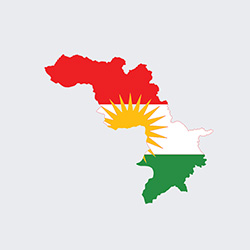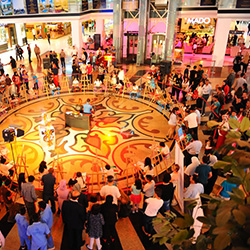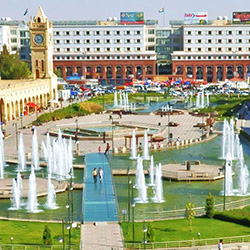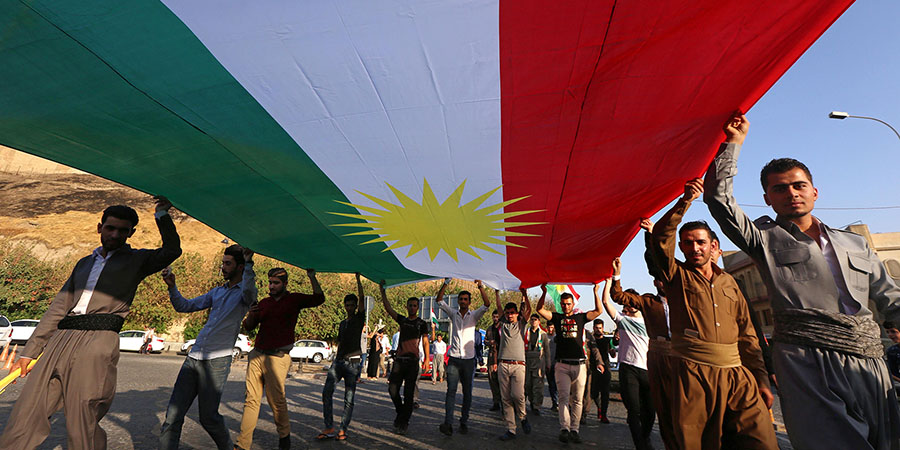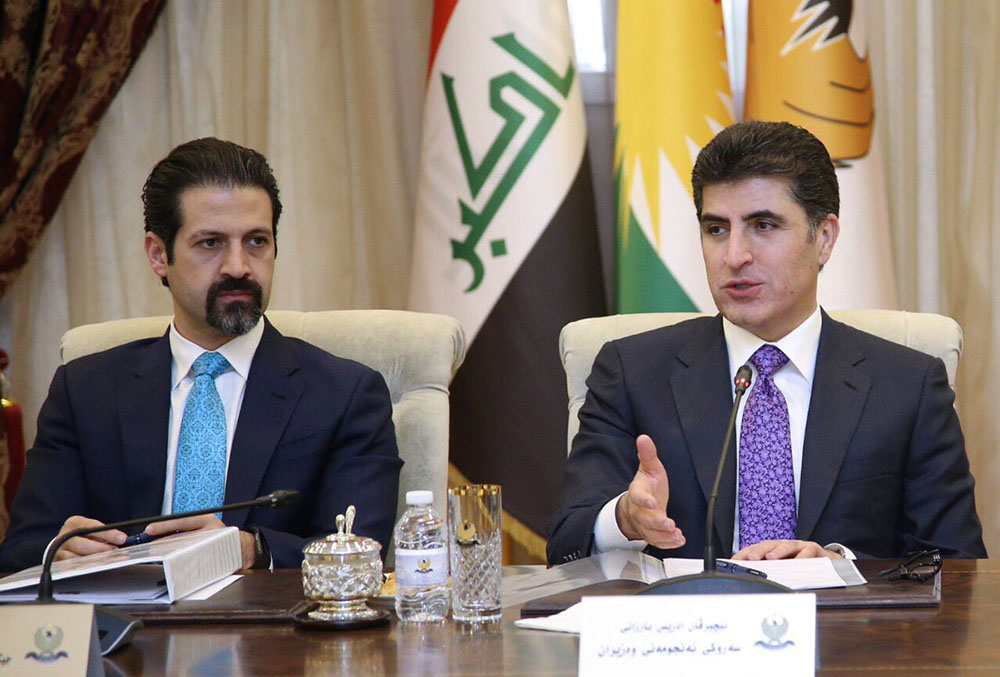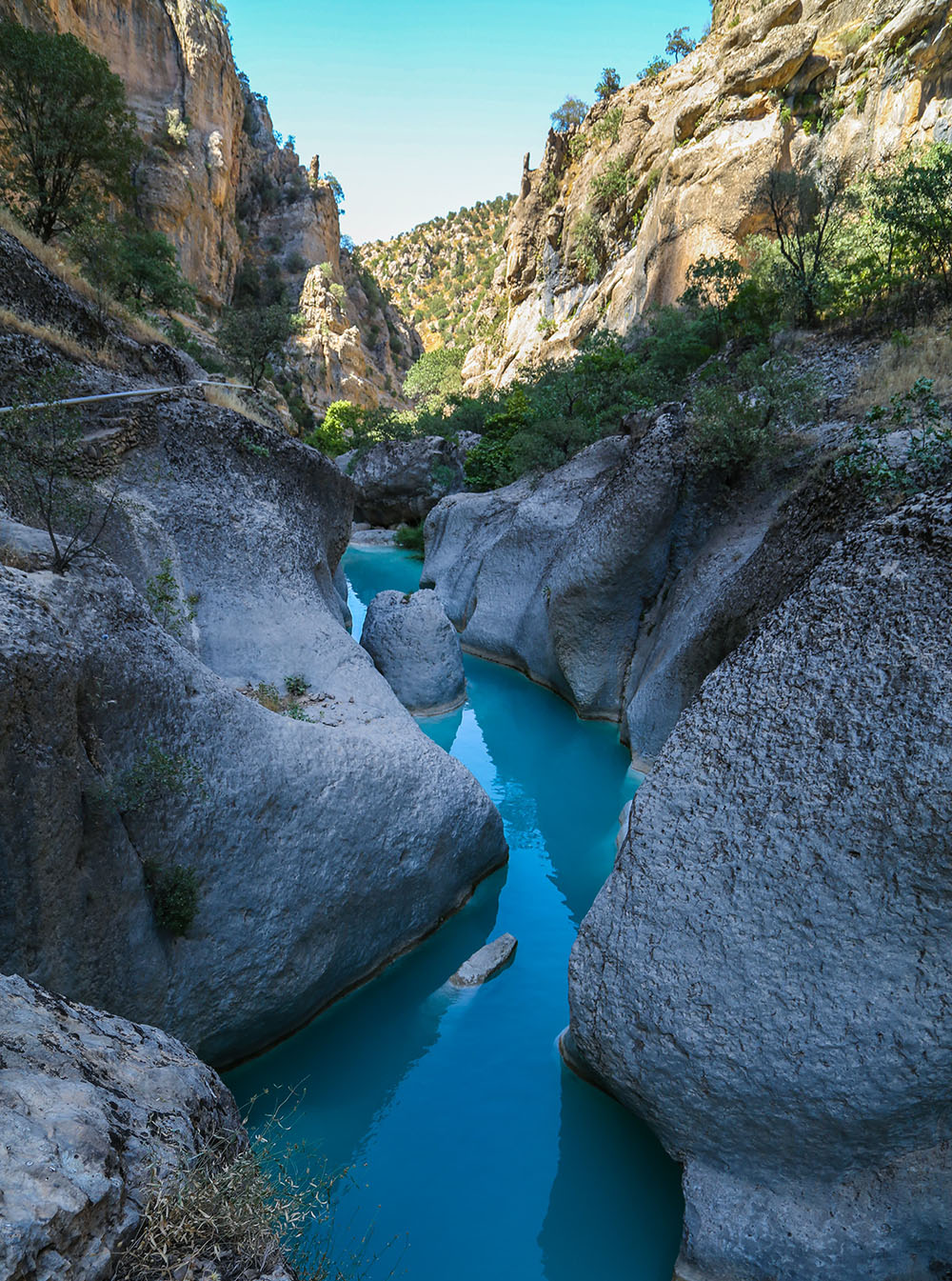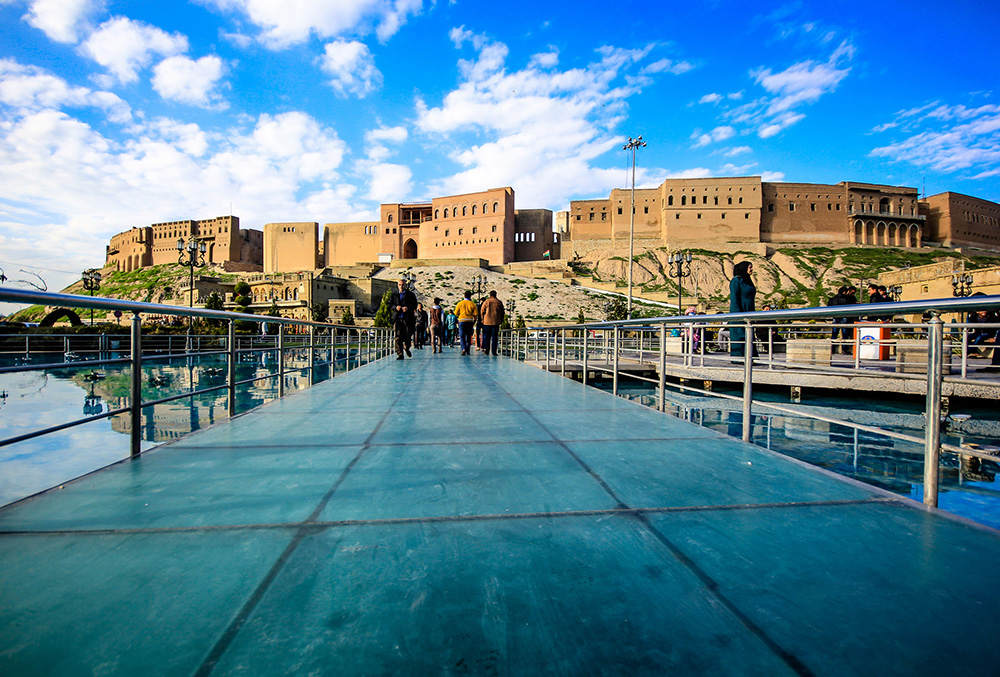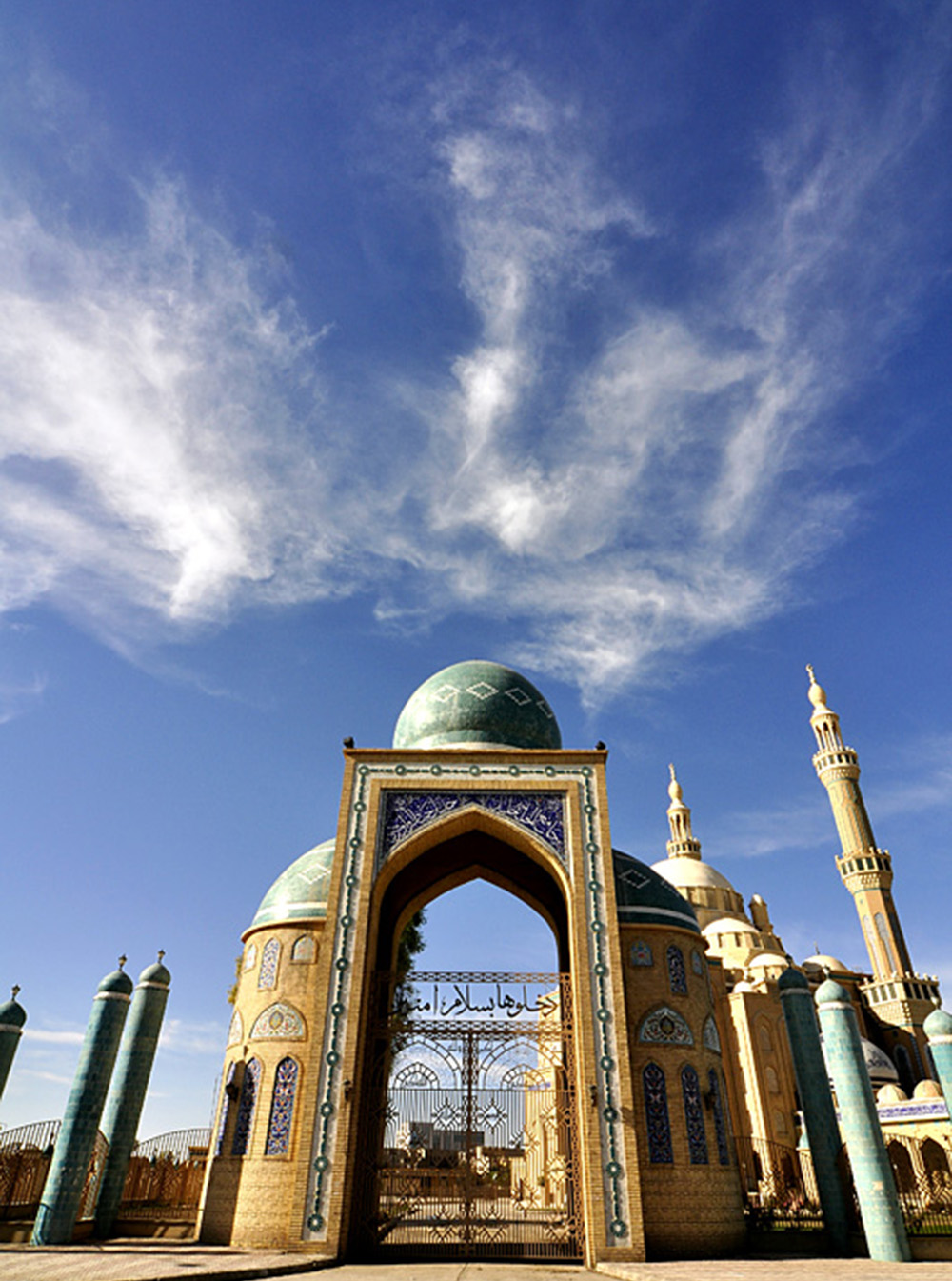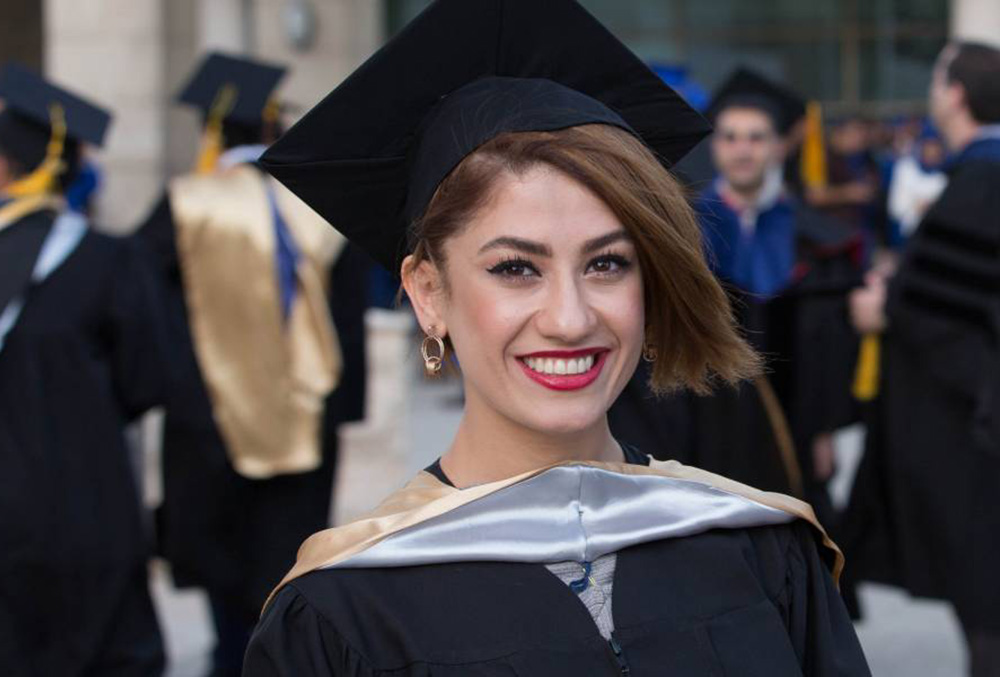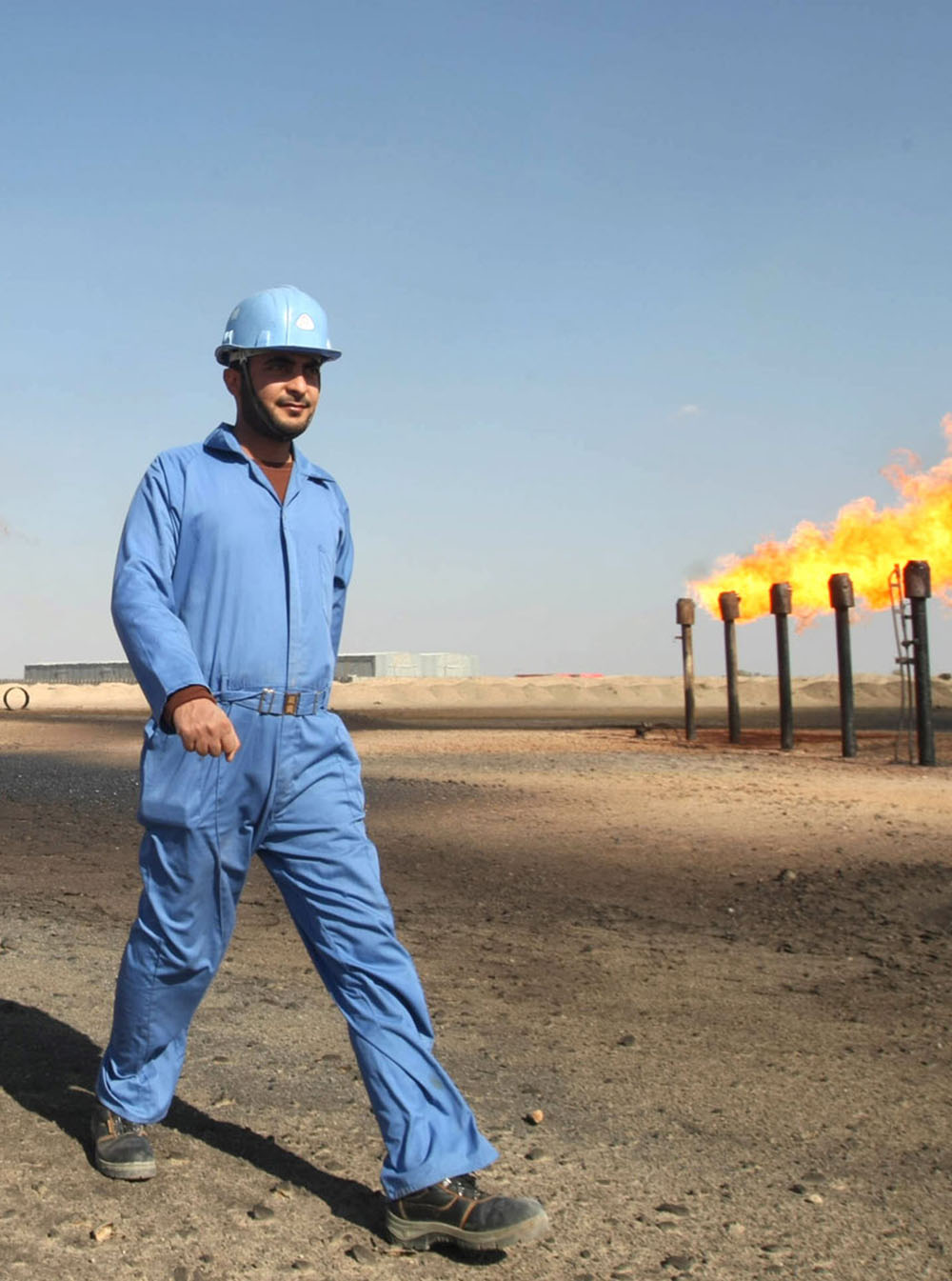A Longstanding Quest for Independence
Upon the collapse of the Ottoman Empire at the end of World War I, the Kurdish people gained their first real promise of nationhood as provisions for forming a Kurdish state were outlined in the Treaty of Sèvres in 1920. However, only three years later, marking the resurgence of Turkish nationalism, the Treaty of Lausanne replaced the Treaty of Sèvres and all provisions for establishing a Kurdish state were revoked. Thus began the past century of struggle for Kurdish rights and self determination, and thus also began the unimaginable atrocities that have been committed to prevent these rights from being realized.
